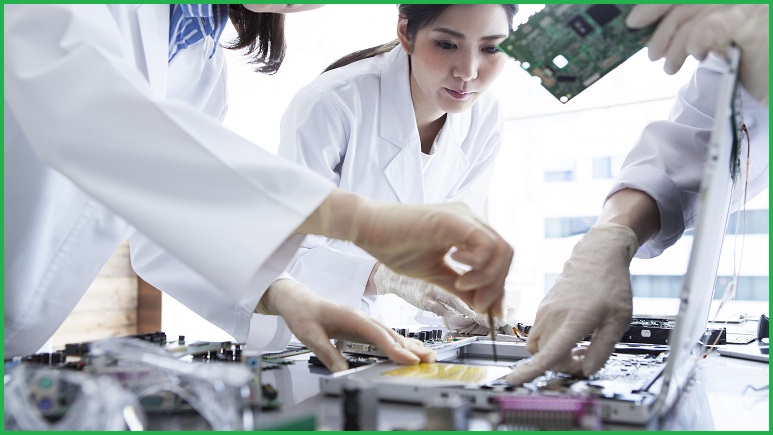Australia needs to focus on science, technology, and innovation during the post-pandemic economic recovery, according to Shadow Science Minister and Deputy Opposition Leader Richard Marles.
In a speech to the National Press Club on Wednesday, Marles implored citizens to embrace a STEM-heavy education system to drive the future high-tech economy.
"Australia is being presented with the most significant chance to re-imagine our future that we have had since the end of World War II," he said.
"And this is a moment that we simply have to grasp."
To Marles, there is an "unwritten contract" in Australia that each generation passes on "a better deal than we inherited".
But he warns Australia's reliance on exporting resources, which ranks us poorly in terms of economic complexity, does not bode well for the next generation in a world of global innovation.
"Where lies modernity lies prosperity," Marles said. "Depending on how you see it, modernity might lie in Seoul or Munich, perhaps Shanghai or Taipei. In another sense it might be Silicon Valley or Tel Aviv.
"But nowadays no-one is claiming that it is here. And the gap between Australia and the cutting edge of modernity is growing."
Marles echoed the sentiment of CSIRO CEO Larry Marshall who last year called for industry and government to "double down" on local science, technology, and innovation.
A CSIRO report on Australia's COVID-19 recovery noted how the pandemic created years' worth of digital adoption for business and consumers in a few months.
But in order to fully take advantage of the way COVID-19 accelerated digital adoption, the CSIRO says our leaders in business and government need to take advantage of opportunities in data and automation while preparing for the billion dollar quantum computing industry which is poised to usher a new era of science and technology.
Failing our kids
Unfortunately, Australian children appear nonplussed by the prospect of a career in IT professions and are falling in international rankings when it comes to maths and science scores.
"On the sheer numbers, and on performance, we are failing our kids, and so failing their future," Marles said in his Press Club speech.
"In the last decade, the proportion of Year 12 students studying a maths subjects has gone down, not up. Only half of our high school students are studying a science subject in their final year of school.
"Less than a third are studying an ICT subject."
At the heart of our low testing rates in science and mathematics, according to Marles, is a culture that ignores the scientific marvels happening in this country on a daily basis.
Speaking to a room of journalists in Canberra, Marles waxed lyrical about the Square Kilometre Array space project in Western Australia, referring to it as “one of the largest scientific endeavours in history”
"The world’s smartest people are working on it – and that includes plenty of Australians," Marles said.
"Indeed this is happening here in Australia. And who knows about the Square Kilometre Array project?
"And who among you have reported on it or on the Canberra Deep Space Communication Complex?
"This is our Apollo. And barely anyone has heard of it."
Marles wants to change Australia's cultural relationship with science and believes Labor is the party to do that.
Science is currently male-dominated with men being paid more and given greater opportunity for career advancement than their female counterparts.
The government has fronted up nearly $25 million to create STEM apprenticeships for women.
It has also made announcements about investing $1.5 billion for local manufacturing while dropping the the cost of IT degrees and other university STEM courses – at the expense of subjects in the humanities.










